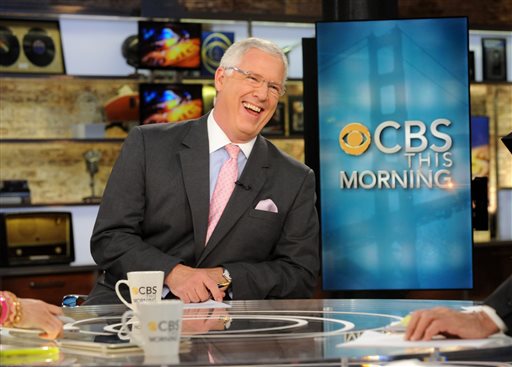In Boston bombing coverage, CBS’ Miller rises above the fray

TV-John Miller_Wein.jpg
If John Miller had scheduled an earlier flight, the CBS News coverage of the Boston Marathon bombing and its aftermath would have been much weaker.
Miller was driving home on the afternoon of April 15 to pick up his wife for their flight to a vacation in Florence, Italy. A phone call alerted him to the bombings and he turned around and headed back to the office, where he’s spent much of his time since.
His dual role as a low-key explainer and reporter helped keep CBS ahead on key details of the investigation as the suspects’ identities began to emerge, and away from missteps made by other news organizations.